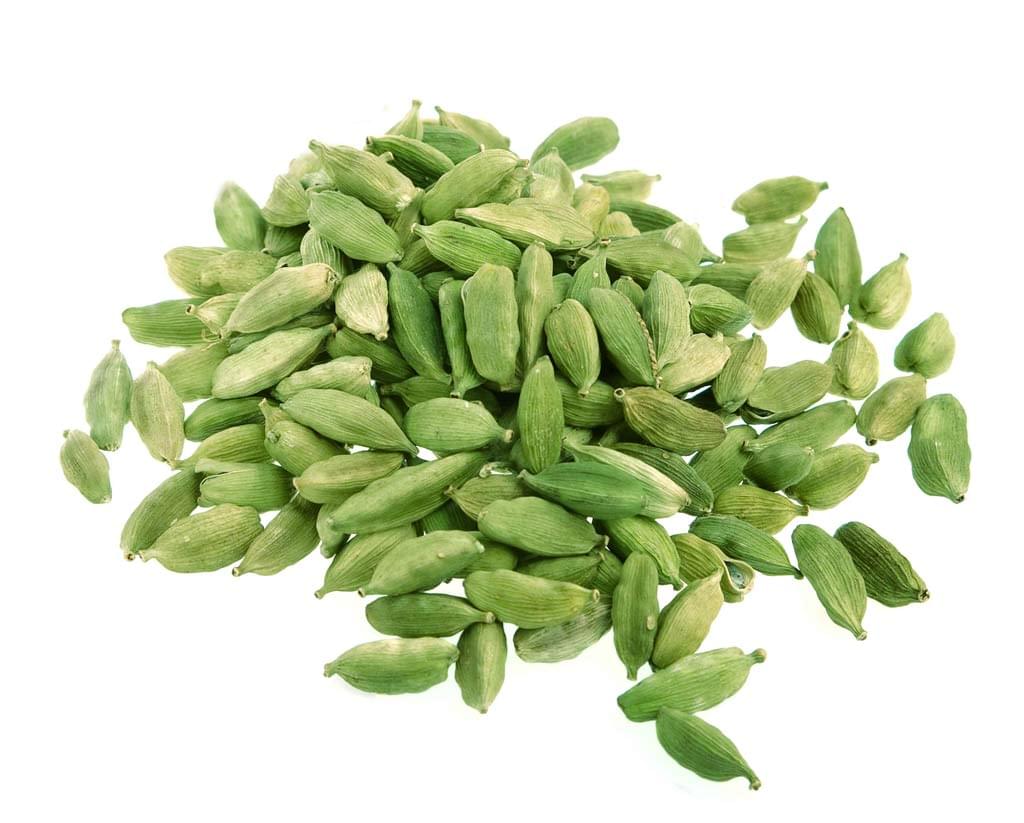Cardamom Essential Oils
Since the early 1800s, the use of cardamom essential oils as a digestive aid, to clear infections, and as a breath freshener has grown tremendously. Today, cardamom itself is used not only in perfumes but extensively in the kitchen in capacities involving pastries, drinks, desserts, soups, and main courses. Derived from the seeds of the plant through steam distillation, this essential oil has an aroma that is described as somewhat balsamic, and spicy, sweet, and strong, with a thin consistency. Cardamom essential oil blends well with cedarwood, caraway, clove bud, cinnamon bark, bergamot, and more.
Overall Benefits of Cardamom Essential Oils
- Will promote sweating, which helps to remove toxins from the body
- Effectively utilized in weight loss
- Useful in lowering blood pressure
- Can boost the digestive system
- Will stimulate the secretion of hormones and enzymes
Uses for Cardamom Essential Oils
This essential oil makes an exotic addition to aromatherapy, soaps, personal care formulations, and cosmetic applications. It is considered an antimicrobial and antibacterial, as are most essential oils. Thanks to its warming qualities it works well as an antispasmodic and is useful in assuaging muscles. Cardamom essential oils are considered a significant aphrodisiac, fighting impotence and helping with rigidity by improving libido. It can even help with heartburn by warming the stomach and soothes nausea, dyspepsia, wind, colic, and works as a laxative. Clearly, it is highly touted as a digestive aid.
Precautions
Cardamom essential oil is not known as an irritant, and not known to cause any adverse effect. However, for all types of essential oils, users must always observe general safety measures such as keep the oils out of reach from the children, and avoid using highly concentrated amounts for topic applications.


